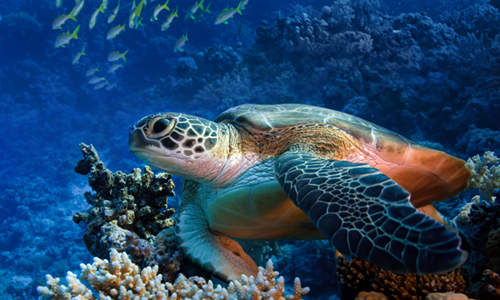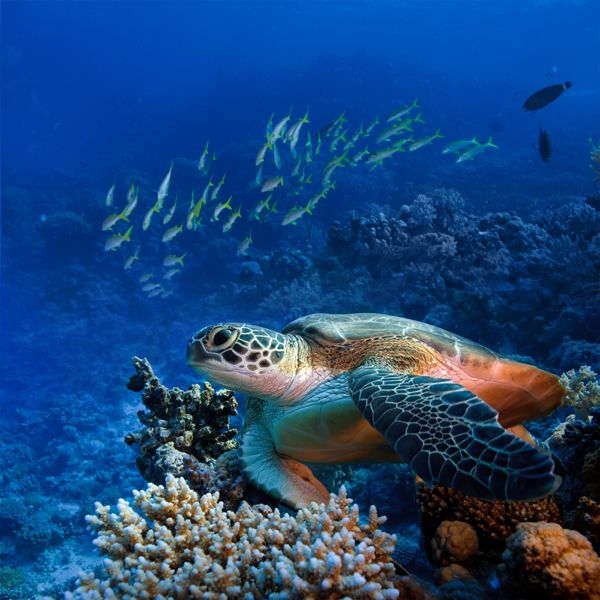

The Galapagos Islands are truly unique. They have more endemic species—species that can only be found there—than any other cluster of islands in the world.
Since 2000, Sea Shepherd, a nonprofit dedicated to marine wildlife conservation, has been working with the Ecuadorian National Park Service in the Galapagos Islands to protect its delicate ecosystem. “Duties have included training and funding the wildlife unit K-9 program to detect contraband wildlife, patrolling the marine reserve to deter and apprehend poachers, educating schoolchildren on the need for conservation, and installing and maintaining an automatic identification system.”
Jack Grove, a marine biologist and professional naturalist who lived and worked on the island for seven years, is speaking up about Sea Shepherd’s crucial role in safeguarding the islands. Grove, a supporter of Sea Shepherd, says with Sea Shepherd’s help, the Ecuadorian government is strengthening enforcement of its regulations to ensure violators are properly prosecuted.
Grove had a transformative experience when he visited the islands for the first time as a deckhand on a sailboat in 1975. “I was astounded by the abundance of life, the fearlessness of the animals. Like so many other naturalists before me, it changed my life,” he said.
“When Charles Darwin referred to Galapagos as a living laboratory of evolution, he recognized that these islands are special and they deserve special attention,” Grove said. Captain Paul Watson, Sea Shepherd’s founder, who recently spoke out about SeaWorld’s cruel treatment of its animals, has worked to protect the world’s oceans and marine life for more than three decades. “The Galapagos is our line in the sand. If we can’t save something as beautiful, as profoundly unique, as pristine as the Galapagos, we can’t save anything,” he said.
Grove’s message is one of urgency: “Our planet, our biosphere is at a tipping point. We are losing species daily … We need more sanctuaries and protected areas and we need organizations like Sea Shepherd to determine and observe what is happening in these vast areas of open ocean,” Grove explained.
YOU MIGHT ALSO LIKE
Is the Climate Movement at a Tipping Point?
Tonight: Al Jazeera Exposes Deadly Working Conditions for Bakken Oil Workers
The Research Is In: Regulations Alone Won’t Save Us From Climate Disaster

 233k
233k  41k
41k  Subscribe
Subscribe 
